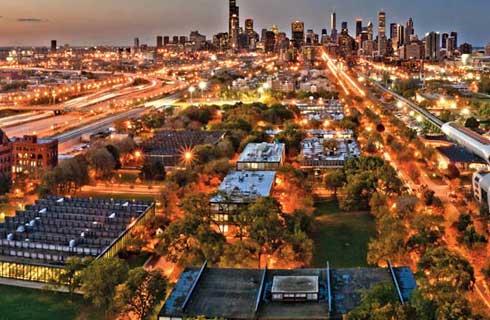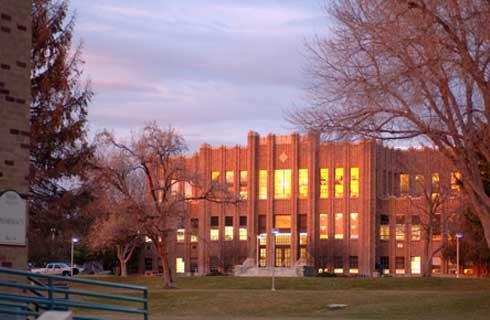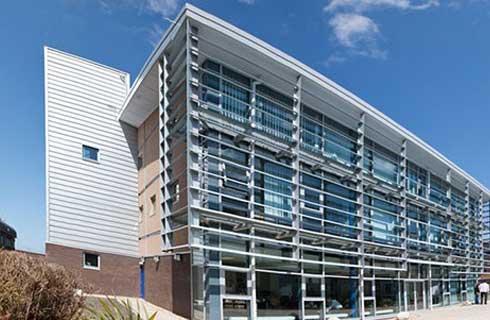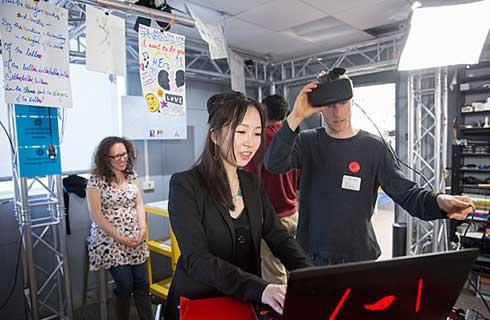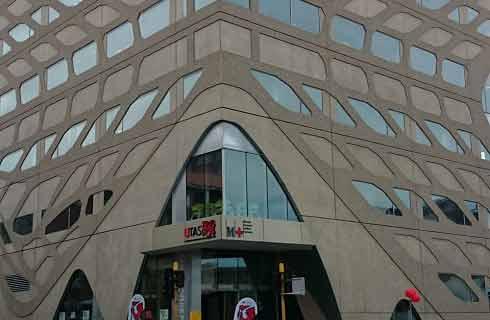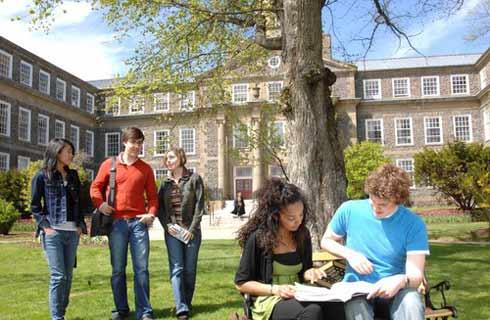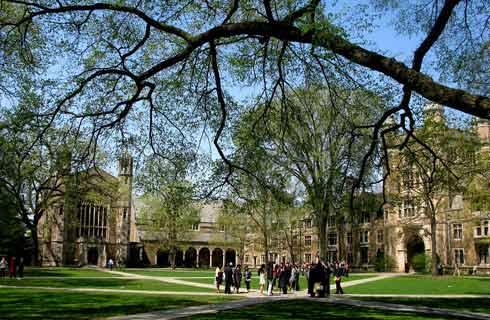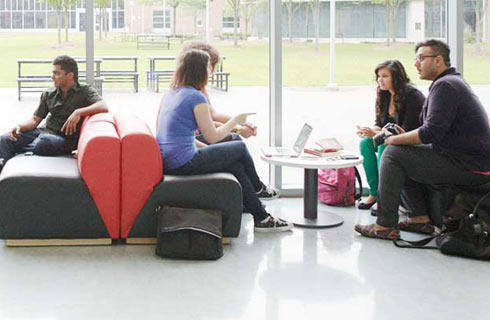国际学生入学条件
a.English and Mathematics (GCSE grade C or qualification that is equivalent in breadth and depth to a GCSE, eg. Irish Leaving Certificate Higher Level Grade H6 or above or Ordinary Level O4 or above. (Please note Essential Skills Level 2 qualifications are not regarded as equivalent for entry to this course). Students wishing to take Religious Education (RE) as an optional level 6 module must have a GCSE grade C or above in RE.
b. At least a 2:2 Honours degree (or above) in physical education, sports science or sports studies (or another sports related degree that is at least 50% vocationally relevant to physical education). In the case of a combined Honours degree at least 50% shall be in the specialist subject.
c. Two acceptable references must be supplied - one academic and one character.
d. Medical certificate of satisfactory health.
e. Applicants will be scrutinised by Access NI procedures to ensure that they do not have a criminal record and must also satisfy the University and the Department of Education that nothing would prohibit them from working with children.
f. Evidence of good quality presentation and basic literacy skills are required throughout the application process. The application form will be examined for spelling, punctuation and grammar skills. Applicants will also be expected to complete a set piece of formal writing as part of the selection process. This is a timed piece
h. In the event that the programme is oversubscribed, the following additional criteria will be applied: evidence of knowledge, interest and experience in working with young people for at least 16 weeks. Applicants who are deemed suitable but for whom an immediate place is not available will be placed on a waiting list.
IELTS 6.0 with no band score less than 5.5., TOEFL iBT - 80 with a minimum L - 17 R - 18 S - 20 W - 17, PTE Academic - 55 (with min. of 51 in each part)
展开
IDP—雅思考试联合主办方

雅思考试总分
6.0
了解更多
- 雅思总分:6
- 托福网考总分:80
- 托福笔试总分:550
- 其他语言考试:PTE Academic - 55 (with min. of 51 in each part)
课程简介
The post primary PGCE is a one year, full-time programme that prepares students for a career in teaching. On successful completion of initial teacher education student teachers will be able to evidence their competence and be awarded the Post Graduate Certificate in Education allowing them to register with the General Teaching Council of Northern Ireland. They will also accrue 60 CATS points towards a Master's degree in Education. In total the PGCE is worth 120 points ( 60 at Master's level 7 and 60 at Post graduate level 6). The Northern Ireland Curriculum aims to empower young people to achieve their potential and to make informed and responsible decisions throughout their lives. The overall aim of our PGCE programme at Ulster is to support this aim and to foster the development of pedagogical competences in the following three areas: - Professional Values and Practice, Professional Knowledge and Understanding and Professional Skills and Application. To achieve these aims the PGCE post-primary programme at Ulster University prepares student teachers to be competent in the following: - the ability to plan, teach and assess worthwhile learning activities in their subject area(s) in post-primary schools in Northern Ireland for the 11-18 age group, - the acquisition of the knowledge, understanding and skills that are essential for the promotion of learning among pupils, - to assume responsibility for developing as competent reflective practitioners, able to monitor and evaluate their teaching performance, - to realise a commitment to on-going personal and professional development in pursuit of sustained pupil learning and school improvement. Student teachers on the PGCE will evidence their competence through achieving the following objectives: - by demonstrating a critical understanding of the Northern Ireland Curriculum and of National Curriculum requirements, -by demonstrating a knowledge of their subject and its contribution to the area of study and to the Big Picture of the curriculum at Key Stages 3 & 4 with its objectives of: a) developing the young person as an individual, b) developing the young person as a contributor to society and c) developing the young person as a contributor to the economy and the environment. The successful completion of the PGCE also requires the student to: recognise and take account of those factors which influence curriculum planning in a particular school context, understand how children learn and appreciate the social, moral, psychological and cultural factors which affect educational attainment, plan, teach and evaluate lessons, units and schemes of work organise and manage classes effectively, use a range of teaching and learning methodologies supported by resources for pupils of all ability levels, including those with special educational needs, recognise the need for continuity, progression and differentiation in pupils' learning, assessment for learning and assessment of learning, assessing, recording and reporting pupil achievement, develop pupils' language and numeracy skills through the teaching of their subject, promote skills of problem solving, decision making, presentation, teamwork, leadership and independent learning, develop pupils' personal and interpersonal skills, promote fairness and equality of opportunity, build and sustain good relationships with both pupils and staff, work co-operatively with colleagues and other student teachers and contribute to school wide activities, develop skills and confidence in Information Communications Technology (ICT) and emerging technologies for both personal and professional use.
展开
















